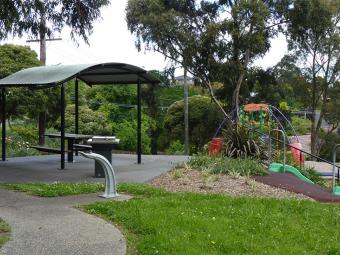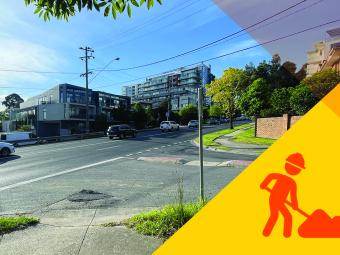Our open spaces are the 'green lungs' of the City and are areas for our enjoyment. We are fortunate to have this wonderful “green” environment accessible by so many of our residents and visitors to enjoy a walk or cycle, take part in a sporting activity, meet friends or just relax in a natural setting.
Focus areas:
- to engage with the Manningham community and encourage involvement in public open space planning and management
- to partner with government, agencies, institutions and other land managers to improve our public open space network
- to guide Council officers involved in the planning, development and management of Manningham’s public open space.










